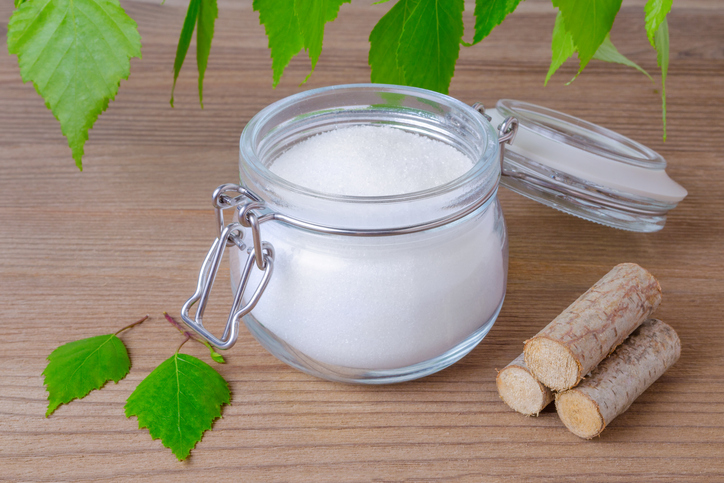
Antimicrobial effects of artificial saliva

A novel artificial saliva could help protect against dental caries in patients with hyposalivation following radiation therapy for head and neck cancer.
In a study published in the Journal of Dentistry, the researchers used saliva samples from five patients with head and neck cancer who underwent radiation therapy to create biofilms on irradiated bovine enamel. They then developed artificial saliva formulations — comprising hydroxyethyl cellulose, sodium benzoate, and mint flavor — in combination with either the sugarcane-derived protein CaneCPI-5 alone or CaneCPI-5 plus fluoride and xylitol.
The combination containing fluoride and xylitol was found to effectively reduce biofilm activity, colony-forming unit counts and mineral loss as well as support microbial diversity and beneficial oral bacteria compared with controls and the formulation combined with just CanCPI-5.
The findings could help address the higher prevalence of dental caries among patients with head and neck cancer who experience posttreatment salivary dysfunction.
Read more: Journal of Dentistry
The article presented here is intended to inform you about the broader media perspective on dentistry, regardless of its alignment with the ADA's stance. It is important to note that publication of an article does not imply the ADA's endorsement, agreement, or promotion of its content.